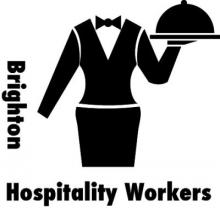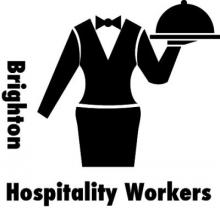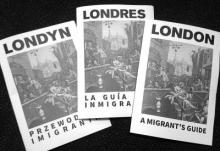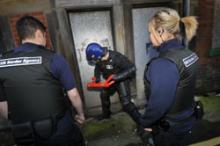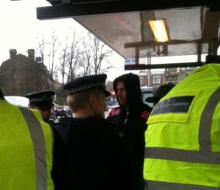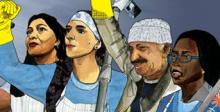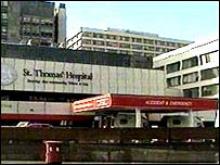En el sector de la hostelería en Brighton es muy habitual encontrarse con empresarios que no pagan el salario mínimo o que intentan no pagar las vacaciones a sus trabajadores. Esta problemática es más común en los trabajadores migrantes que no tienen un gran dominio del idioma ni un conocimiento profundo de la legislación laboral.
Este el caso de un trabajador de un restaurante en The Lanes. El entorno en que se desarrollaba su trabajo era bastante complejo, el resto del personal de la cocina, como él, eran inmigrantes, por lo que la comunicación se hacía muy complicada. Su trabajo se abonaba con el mínimo posible, 6,5 libras por hora, y los cambios de horarios a última hora eran bastante habituales, alcanzando en algunos casos jornadas semanales de más de 50 horas.


